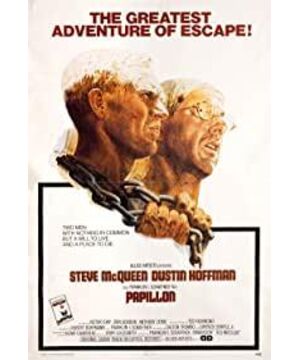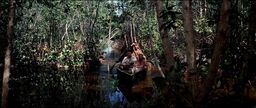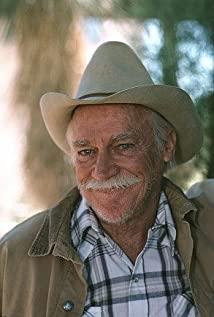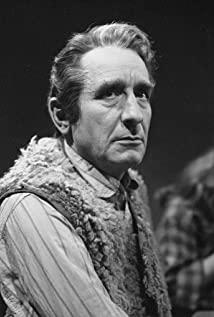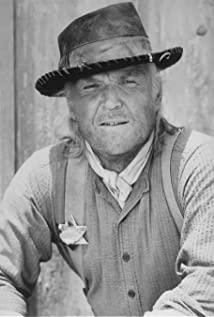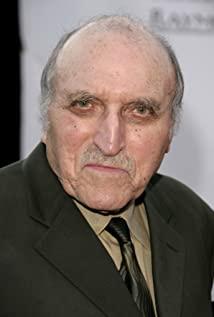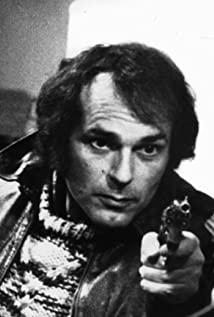This story is adapted from a real life story of a prisoner. It was contributed by him in his later years and explained that it was an autobiography. After editing, it became a bestseller and adapted it into this great movie. He believes that he was constructed and plunged into prison, escaped repeatedly and was frustrated, and finally managed to escape from the most famous Alcatraz Island. The film begins with Papillon being escorted to a prison in French Guiana. He met dega who was convicted of fraud on the ship, and the two began their escape from prison.
As a film film in the 1970s, the photographer has a good grasp of the main theme of the film, using the dirty dark yellow as the keynote, the mud of tropical islands, the dirty of criminals, and the suffocating prison buildings. In addition, in addition to the dialogue between the characters, the whole film uses a panoramic view and a long-term view to follow up the story from an omniscience perspective with as little intervention as possible. The actions of the characters are fully explained, which also makes the rhythm of the film slower and more realistic. Highlight the unbearable situation. The costumes and makeup of the actors in the film are also very meticulous. The ragged, dirty and haggard state is very convincing. The wear and tear of the clothes in different scenes and the changes brought about by the injuries of the characters are very real.
However, compared to the performance of the two male protagonists, these are all foils. Steve's performance is very effective in the use of the body, and his movements are very natural. During a period of solitary confinement, he was kept in a completely dark room and ate half of his food for six months. From nervous pacing at first, to slow tossing and turning, crawling and convulsions on the ground, from The arrogant to complete mental breakdown is incoherent, and the actor's performance tension is fully expressed through slow-paced shots, almost reaching the height of drama. Especially in the dark room section, only a little light enters the room, and the screen is dark. The actors have to show the great physical and psychological persecution of this environment through the face performance and hand movements illuminated by the light. The scene of upgrading from realism to symbolism is breathtaking. After that, the dying weakness and the dislocation of the movements caused by muscle atrophy are shown, and the changes in the body's center of gravity and movements caused by aging in the latter half are clearly and convincing.
Dustin Hoffman has established his own unique acting style at this time. His signature focused expression, seemingly dull but sharp, sharp and small head movements, and closed and uncoordinated body language. Shine in the rain man afterwards.
From the perspective of a thousand Hamlet, everyone has their own interpretation of the film; whether it is against the system, the pursuit of freedom, or the question of capitalism. As far as I am concerned, the main characteristic of this movie is the protagonist's vigorous and brutal vitality. He is very restrained to his kind and never kills, but he is often deceived. But in any difficult situation, he can constantly find his own way to overcome it and strive to survive. As far as he is concerned, he only needs to live and be free. He couldn't bear the unfree life, and he had no interest in how to improve the situation before him: he just had to run away. As a fraudster, dega can be said to be a person who takes advantage of the loopholes in society, so in prison, he is also used to compromise and bribery to get opportunities to improve his situation. When the two are placed on a near-impossible island, dega can do its best to raise livestock and grow vegetables; while papillon, regardless of the great risk of death, jumps off the cliff and follows the ocean current. This reminds me of Jack London's work, the same hardship and the same struggle to obtain the right to survive in a nearly reckless way, the same disdain for the rules of civilized society.
However, this movie is somewhat overstretched: in order to express the exoticism, the director inserted some soft and erotic aboriginal adventures in the strong green jungle, as well as the scenes helped by lepers, all of which are a bit too purposeful. In addition, in the previous plot, some of the slow plots rendered the process of rendering, but it was too heavy to weaken the theme to be conveyed, which is a pity.
Finally, the scene in the isolated island can almost be shown as an independent and classic short film; the characters’ lines are refined and rich in meaning, and the background is the monotonous and deafening sound of waves hitting the rocks; most of the shots are distant scenes. The rhythm of the mid-to-close-range cut in dialogue with several ends is fast and slow, which inevitably completes the mission that the protagonist must complete.
Finally, before jumping into the sea from the cliff,
"You'll be killed. You know that." Dega
"Does it matter?" Papillon
View more about Papillon reviews


